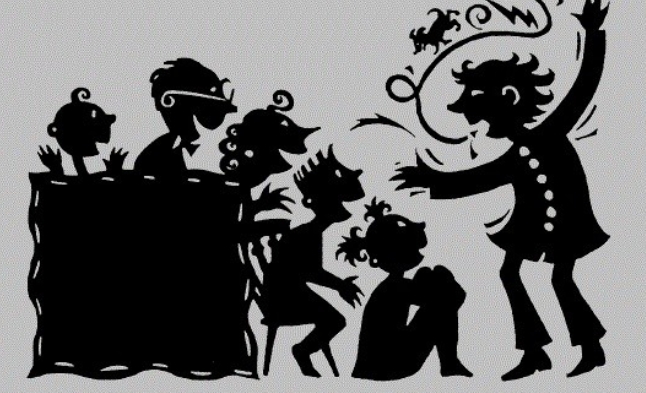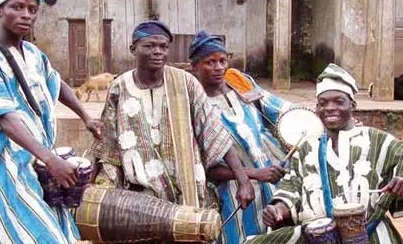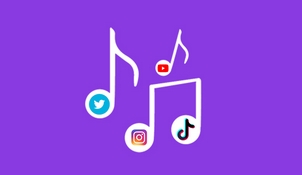
support@yorubalibrary.com
+2348073529208, 07038599574

Storytelling is an integral part of Yoruba culture, serving as a means to preserve history, impart morals, and entertain. The Yoruba people, known for their rich cultural heritage, have used storytelling to pass down traditions from one generation to another. In Yoruba culture, stories are not just told for entertainment but are also educational tools that convey societal values, historical events, and spiritual beliefs. Music plays a crucial role in this tradition, transforming stories into immersive experiences that captivate and educate audiences.
The Role of Music in Yoruba Storytelling
Yoruba music is characterized by its rhythmic complexity and the use of a variety of traditional instruments, including drums, flutes, and string instruments like "Doje". These instruments, combined with vocal performances, create a rich sound that enhances the storytelling experience. Music serves as both a backdrop and a narrative device in Yoruba storytelling, setting the mood, highlighting key moments, and engaging the audience on a deeper level.
Traditional Yoruba Instruments and Their Impact
The talking drum, or "Dundun," is one of the most iconic Yoruba instruments used in storytelling. Its unique ability to mimic the tonal language of Yoruba allows it to "speak" to the audience, conveying messages and emotions that words alone cannot express. The "Bata" drum, often used in religious ceremonies, adds layers of meaning to stories through its complex rhythms. These instruments are not just tools for entertainment; they are integral to the storytelling process, helping to convey the story's themes and emotions.
Music and Oral Tradition
In Yoruba culture, oral tradition is the primary means of preserving history and knowledge. Music is a key component of this tradition, with songs and chants serving as mnemonic devices that help storytellers remember and convey complex narratives. Through music, stories are made more memorable, ensuring they are passed down accurately through generations. This oral tradition is vital in maintaining the continuity of Yoruba culture, allowing the wisdom of the past to inform the present and future.
Storytelling in Modern Yoruba Music
Modern Yoruba musicians continue to draw on traditional storytelling techniques, incorporating them into contemporary music genres like Afrobeat and Juju. Artists like Fela Kuti and King Sunny Ade have used music to tell stories that address social and political issues, blending traditional elements with modern sounds to reach a global audience. This fusion of old and new demonstrates the adaptability of Yoruba storytelling, ensuring its relevance in today's world.
The Educational Value of Yoruba Musical Storytelling
Yoruba musical storytelling is not just about preserving the past; it is also a powerful educational tool. Through stories, young people learn about their heritage, values, and identity. Music makes these lessons more engaging, helping to instill a sense of pride and belonging in the younger generation. By using music as a medium for storytelling, Yoruba culture continues to thrive, adapting to the changing times while maintaining its core values.
Conclusion
Music as a medium for Yoruba storytelling is a testament to the creativity and resilience of the Yoruba people. Through the seamless integration of music and narrative, Yoruba culture has preserved its rich history and continues to inspire new generations. Whether through traditional instruments or modern adaptations, Yoruba storytelling remains a powerful force for cultural expression and education

The unique styles of Yoruba Bata and Dundun dances…

The emergence of new age social media and impact i…